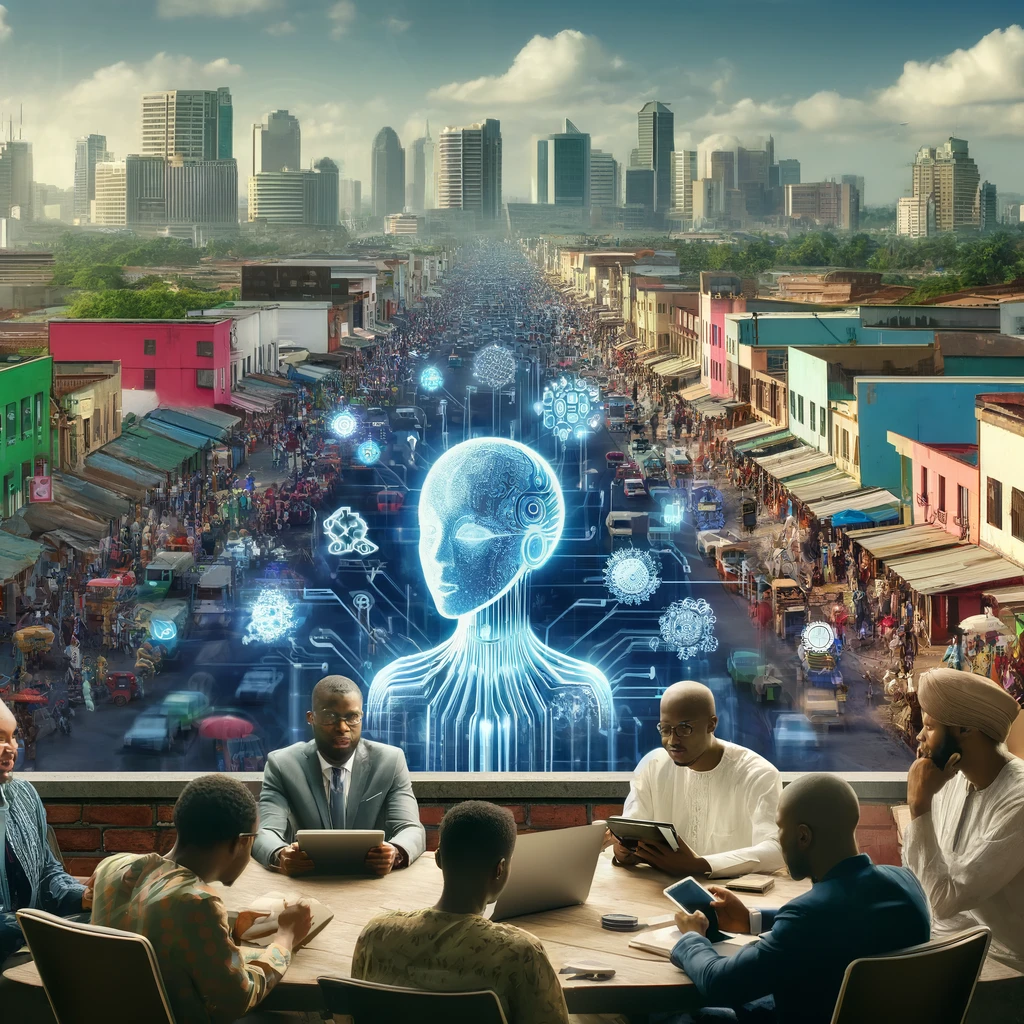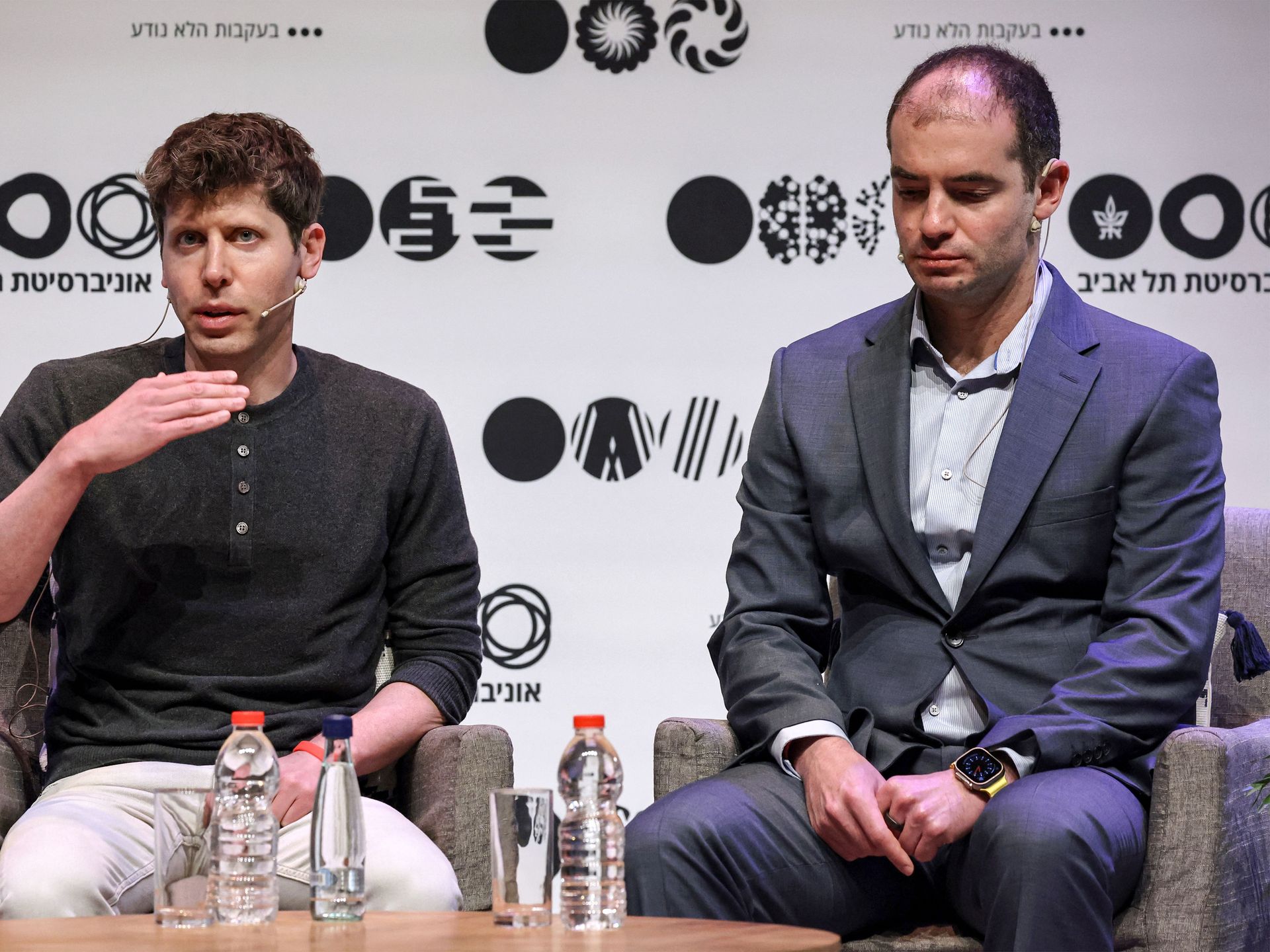With increasing worries about the account of the possibility of artificial intelligence wiping off jobs in many countries, Nigerian stakeholders ask policymakers to fashion out measures who will counteract the technology effects on jobs. The AI adoption among Nigerian enterprises has seen a steady rise, with a few worrying that the high unemployment rate could also heighten as more work tasks are taken up by AI , and thereby necessitating quick policy responses.
The call for action at ICSAN forum
At the heart of these discussions was the 2024 Company Secretaries and Registrars’ Forum, orchestrated by the Institute of Chartered Secretaries and Administrators of Nigeria (ICSAN). The event, dedicated to examining the impacts of AI and cybersecurity on capital market operations, concluded with a strong recommendation for policy intervention to prevent potential job losses due to AI integration. Speakers at the forum emphasized the dual nature of AI, pointing out its capability to significantly enhance efficiency and innovation, alongside the risk it poses to job security if its adoption remains unregulated.
Navigating the AI landscape
Funmi Ekundayo, ICSAN’s President, stressed the importance of establishing specialized agencies or frameworks to oversee AI-related concerns, particularly within the existing data protection laws. The forum’s focus on “The Implications of Artificial Intelligence and Cybersecurity to Capital Market Operations” underscored the urgency of aligning AI’s rapid development with robust governance practices to ensure a balanced progression that benefits the economy without compromising employment.
Simon Araronu from the Bank of Industry shared insights on AI’s transformative potential for capital market operations while also highlighting the looming threats of cybersecurity breaches. These concerns were echoed during panel discussions, with experts advocating for ethical guidelines and regulatory frameworks to ensure that the integration of AI technologies aligns with societal values and economic stability.
Global perspectives and ethical considerations
The discussions were enriched by global insights, with Hitender Mehta providing an Indian perspective on the effectiveness of AI regulations. His observations suggested that with carefully crafted regulations, it is possible to mitigate the negative impacts of AI, including those related to cybersecurity breaches, thereby ensuring a quicker recovery and sustained trust in digital operations.
The concept of balanced AI policy as opposed to focused policy should be the genesis of a global talk on sheering innovation and safety of employment. The output shows that, as Nigeria now begins to look at ways to address the implications of AI on its labor force, the forum comes up with vital lessons which should be used to make policies that can not just advance the technology but also protect and create jobs for workers in the world that is gradually being digitized.





